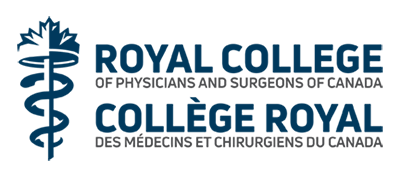Phase II - Maintenance of Certification Program Evaluation Report
Summary of Findings
The Royal College is committed listening to Fellows’ concerns as we continually work to enhance the Maintenance of Certification (MOC) Program. In 2012, more than 5,000 Fellows and MOC Participants shared their views on the program’s impact on lifelong learning and practice improvements. The MOC Program Evaluation Phase II report findings suggest we have improved in some areas, while work remains in others.
- Overall, positive findings included a perception by a majority of respondents that the program is now less complex, having reduced the number of categories from six to three. Respondents also indicated in large part that the framework is successful at providing a mechanism for credit entry; however, data suggests that users’ understanding of the framework and what can be documented remains a common barrier.
- While the MOC Program in some respects continues to be viewed as obligatory, more than a quarter of respondents (26.5%) reported increasing their frequency of credit submissions as a result of the program re-design
- Two-thirds of survey respondents agreed with the draft ‘purposes’ of the MOC Program. Nearly one-third of respondents, however, felt the purposes were appropriate as a guide for what the MOC Program should be, but remarked that the current system was not meeting them.
- Among the survey findings was the phenomenon of ‘disconnectedness’ of the MOC Program from physician practice realities. Respondents described the MOC as an ‘add on’ to what they already do and as having little impact on one’s engagement in lifelong and continuing professional development.
- Barriers to participation in MOC remain a concern. The most commonly cited barrier was lack of time, suggesting the Royal College should continue to examine ways to increase efficiencies and foster a more seamless integration between the MOC Program and physician learning. Findings are consistent with those of the 2008 survey included workload (3.75%) and lack of time (3.74%) as primary barriers.
Practically speaking, respondents desire greater automation and advocated for further enhancements to the program’s framework and MAINPORT. Future design and development considerations will be focused on greater automation in how learning activities can be reported, enhancing accessibility to educational supports and expanding access to strategies and tools to facilitate engagement in assessment.
